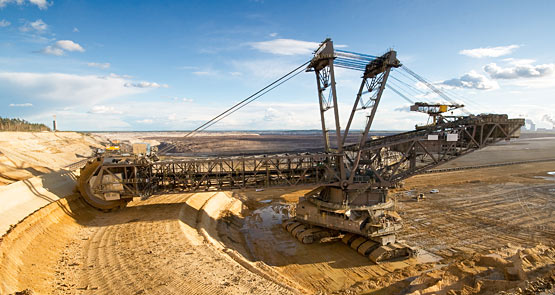
Major miners, major red ink? BHP Billiton led the way this morning with news of a US$7.2 billion write-down in the value of its US oil and gas assets — that’s around A$10 billion. The cut, announced this morning, follows one of US$2.8 billion in mid-2015 and US$2.84 billion in 2012. That’s more than US$12 billion, or more than A$17 billion at current exchange rates, and it won’t be the last from local big miners. BHP’s announcement came five days ahead of the release next Wednesday of its second-quarter and first-half production figures. The day before, Rio Tinto releases its full-year and final-quarter production figures. Woodside Petroleum reveals its final-quarter and 2015 figures on Thursday, Santos (whose shares hit a 20-year low yesterday) releases its figures on Friday for its final-quarter and full-year results to December. All release their financial reports — profits or losses in February (in roughly a month’s time). Woodside and Santos will likely reveal updated figures for their write-downs. All will cut or confirm the suspension of dividends. No wonder Rio Tinto let slip this week that it has frozen employee and management pay, from CEO Sam Walsh down. All non-essential spending will be curtailed, so no election donations this year in Australia?
Boom, boom. BHP’s cuts in the value of its US shale oil and gas confirm the waste that has been exposed by the collapse in prices and demand. BHP spent US$20 billion on assembling its US shale oil and gas assets, and over US$10 billion on exploration and development since then, the trio of write-offs tells us the deal has been a dud and we taxpayers will foot much of the bill. In fact companies like BHP, Rio, Glencore, Anglo, Woodside and Santos, and dozens of others invested billions and billions of dollars in new mines, ports, wells, refineries, etc, in the resources boom and now much of it is either loss-making, useless, a waste or just eking out a return. Much will have to be written down in value or written off completely because the chances of earning profits are no longer tenable for the foreseeable future. And remember the big losers are the millions of local investors and superannuants — whose returns will be (in fact have already been) slashed, as well as government coffers. But all the advice merchants and so-called experts will still collect their fees for losing us money!
But we taxpayers pay twice over and more. But guess what — we taxpayers will finance some of the cost of that write-down by BHP, Santos, et al. Take the latest BHP announcement — the cost if US$7.2 billion, the after-tax cost is US$4.9 billion. The US$2.3 billion is a tax deduction for BHP. The grim reality is that we taxpayers (and the country as a whole) paid for these dud investments, and we paid twice: the first was when tax collections were lowered by all the depreciation deductions companies claimed on the new investments (this is in addition to the tax-minimisation structures erected by the likes of Chevron and others) just at a time when high prices were generating profits and strong cash flows. And now that times are tough, there will be a new round of tax deductions as the same companies impair or write down the value of these investments because of price falls, lower profits or losses, weakening demand and the prospects of these continuing into the future. Some of these projects will never pay tax, so large have been the depreciation charges and now the impairment costs. These charges have already cut company tax (and resource rent tax) collections, and the fall in prices will lower them even further, placing additional strain on the federal, and some state, budgets (WA and Queensland especially).
Here’s an idea for a real royal commission. For all the talk of nasty unions, crooks and thieves among trade unionists, the losses from our resources boom will dwarf anything found by Dyson Heydon in his trade union royal commission. The right-wing, free-market rip-and-ruin mob will no doubt argue that this over investment (which will take years to clear) was just another example of the free market and competition at work. Corporate cupidity and poor planning more like it — with a large dollop of wasteful incompetence, poor advice and weak governance. Chinese companies have lost billions of dollars on their own, in addition to the wasted investment by local companies. Fortunes have been destroyed — just look at Clive Palmer as an example. There’s plenty of talk from business and its mates about how we “wasted” the China boom. If that is indeed the case, look no further than the mining and oil sectors as the prime culprits, as well as their shills in the advice and lobbying sectors and among banks, brokers and investors of all sizes.







Impairment of assets isn’t tax deductible. Does this stuff get checked?
Not following how tax payers are paying twice. The asset was eventually going to have a tax value of zero once all the tax depreciation had been applied through the asset’s life. Writing the asset down to zero has merely brought forward this process. Then there’s the question of what happens for the tax accounting rather than financial accounting which is what is reported by the companies. Look at the tax paid (i.e. actual cash taxes) in the accounts rather than the tax expense.
As someone once said, “It’s Time” Crikey undertook a serious analysis of, as someone else said, “What is to be Done” about our Taxation System.
We’d all wish Crikey well with such an important undertaking.